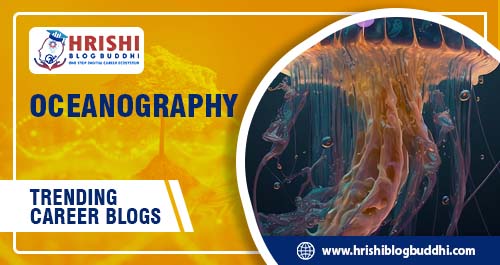Job name | Job description |
Oceanographer | Their responsibilities include researching ocean physical characteristics such as temperature, waves, tides, ocean currents, and more. Oceanographers come in a variety of shapes and sizes. |
Biological Oceanographers | Biological oceanographers investigate marine environments, as well as aquatic plants and animals’ biological processes. They do a study on marine plants and animals, conduct environmental studies, travel to the ocean, conduct experiments, collect data, and maintain track of the behaviors of aquatic creatures and plants. |
Marine Biology | The study of biological processes in aquatic settings is known as marine biology. Marine biologists investigate the ocean mechanisms that influence marine life production and dispersion. |
Ocean Freight Manager | Under the supervision of managers, they plan operations, organize, direct, and control, as well as evaluate the activities of transportation firms such as shipping lines and trucking companies across seas. |
Physical Oceanographers | Satellite technology is used by physical oceanographers to investigate the flow of water and the factors that drive it to move. They also look at how the ocean interacts with the land, the atmosphere, weather, climate, water density, temperature, salinity, undersea formations. |
Marin Policy experts | To establish guidelines and regulations for the smart use of the ocean and coastal resources, marine policy specialists integrate their expertise in oceanography and social sciences. A background in at least one of the social sciences is required for studies in marine policy. |
Geological Oceanographers | They research the seafloor’s structures, composition, and history. They look at size, shape, color, weight, age, chemical properties, origin, distribution, and movement of sediment in great detail. They collaborate with biologists and chemical oceanographers regularly. |
Marine Archeologists | They are involved in the methodical recovery and study of material evidence from previous human life and culture that is currently buried by the water, such as shipwrecks, burials, houses, tools, and ceramics. |
Chemical Oceanographers | Chemical oceanographers study the production of seawater, seabed sediments, chemical compound interactions, and how biological, geological, and physical processes impact the ocean’s chemistry. They’re also looking at the effects of contaminants on seawater and marine life. |
Maintenance Assistant | Maintenance, diagnosing, repairing, and modifying electrical and other building systems and equipment are all part of the job. |







